Vietnam's economy will be negatively impacted by the US-China trade war
According to TheLEADERThe National Center for Economic and Social Information and Forecasting, the negative impact of the US-China trade war will gradually spread from trade to Vietnam's manufacturing sectors, and the following years will have a greater impact than previous years.
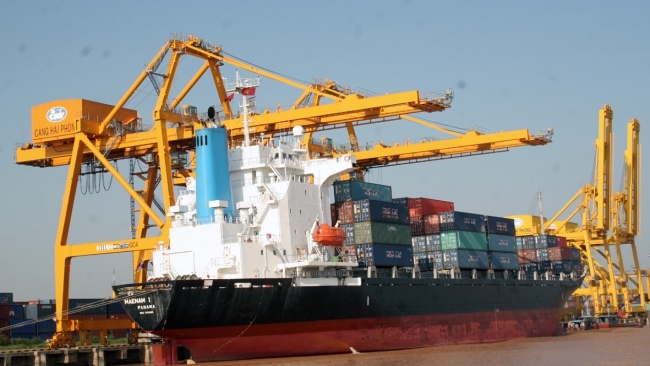
Vietnam's trade will be negatively impacted by the US-China trade war
The US-China trade war is forecast to have great impacts, both directly and indirectly, on the Vietnamese economy. Accordingly, on the positive side, Vietnam has quite a lot of investment and trade opportunities in the short term such as the opportunity to boost exports to the US market due to the restriction of Chinese goods and increase the attraction of investment capital flows away from China.
However, in the long term, Vietnam will be negatively impacted by the slowdown in the world economy. The decline of the world economy will reduce foreign demand for Vietnamese goods. According to the 2019 Mid-term Economic Overview Report of the National Center for Economic and Social Information and Forecasting, the disruption of global supply chains will have a great impact on Vietnamese businesses, especially FDI enterprises. Vietnam's exports to China may decrease.
Recent statistics show that, although Vietnam's imports and exports in general still increased in the first quarter of 2019 (exports increased by 4.7% and imports increased by 8.9%), imports and exports of some key products showed signs of decline. Specifically, exports of phones and components in the first quarter of 2019 reached 12.1 billion USD, down 4.3% over the same period last year; imports of phones and components decreased by 15.4%, reaching 2.8 billion USD. Export turnover of some agricultural products in the first quarter of 2019 also decreased compared to the same period last year.
In particular, Vietnam's economic growth rate in the first quarter of 2019, although still reaching a positive level of 6.79%, has slowed down compared to the growth rate of the same period in 2018 and compared to the growth rate of the whole year of 2018 (7.08%). The latest report of the ASEAN+3 Macroeconomic Research Office (AMRO) forecasts that Vietnam's economic growth will decrease from 7.1% in 2018 to 6.6% in 2019 and 6.7% in 2020.
The economy shows signs of slowing down
Notably, the results of quantitative analysis from the global econometric model (NiGEM) show that Vietnam's economy will be severely affected by the US-China trade war. The negative impact will gradually spread from trade to production, and the following years will have a greater impact than previous years.
According to forecasts, the peak of the negative impact is in 2020 - 2022, then the market will adjust itself, gradually reducing the negative impact in the following years. With the current tariff scenario (the US imposes a 25% tariff on $250 billion of imports from China), Vietnam's GDP may decrease by 0.29% in 2019 and 0.39% in 2020 compared to the scenario without the trade war.
In addition, import and export are also strongly affected, with the impact gradually increasing to the peak in the period 2020 - 2022, then gradually decreasing. Exports may decrease by 0.45% in 2019 and 0.74% in 2020, while imports may decrease by 0.4% in 2019, 0.74% in 2020 and nearly 1% in the period 2021-2022. The negative impact of the trade war on Vietnam's economy will be even greater in the scenario of the US imposing tariffs on all imports from China.
Also according to the results of quantitative analysis from the NiGEM model, Vietnam's trade will be negatively affected by the US-China trade war. Accordingly, the high tariffs of Chinese goods entering the US have created great market opportunities for exports of countries that compete with China, including Vietnam. However, Vietnam should be aware of the risk that the trade deficit with China may increase rapidly in the short term.
The increase in exports to the US may not compensate for the losses caused by the decline in exports to China and the negative impact on FDI enterprises due to the disruption of global supply chains.
On the other hand, the fact that Vietnam has many opportunities to increase exports to the US also means that the US trade deficit with Vietnam increases. In 2018, the US trade deficit with Vietnam was 39.5 billion USD, and may increase even more strongly in 2019. In that context, it is easier for Vietnam to enter the sights of inspecting to avoid foreign goods under the guise of entering the US, affecting export businesses.
What is the solution for Vietnam?
Facing the challenges of the US-China trade war, the National Center for Economic and Social Information and Forecasting said that Vietnam needs to pay attention to four policy implications to make good use of opportunities as well as limit risks.
First, Vietnam needs to take advantage of the opportunity from the flow of investment capital out of China. Vietnam's position is increasing for investors (large domestic market, large export openness, heavy and deep participation in FTAs). Therefore, if there are good policies to create favorable conditions for the business and investment environment, with a favorable geographical location and cheap labor prices available, Vietnam is a country with great potential to replace the production role of China for multinational corporations that want to aim to consume products in the U.S. market.
Second, it is necessary to upgrade Vietnam's value chain. Accordingly, Vietnam is said to benefit greatly from trade and investment, but these benefits are short-term. The bottleneck in the long term is still improving the supply chain to improve export value, take advantage of opportunities from FTAs as well as bring higher value to domestic enterprises. For trade, upgrading the value chain can help Vietnam improve the value and competitiveness of exports to the US.
World Bank: Vietnam's economy slows down amid high uncertainty
Vietnam needs to upgrade production technology with goods exported to the US, especially textiles and garments to be able to dominate the US market for high-end products. At the same time, developing and perfecting the Industry 4.0 development strategy needs to be associated with FDI attraction policies and technology transfer policies.
Third, Vietnam needs to avoid trade conflicts with the US. In the context of the US strengthening the protection of domestic goods, Vietnam's trade surplus with the US is increasing rapidly, making it very easy for Vietnam to fall under the radar of US trade agencies. In the coming time, Vietnam needs to take appropriate response measures to avoid being included in the list of currency manipulation countries by the US to avoid trade remedies that the US can apply to Vietnam.
Fourth, the Government needs to have solutions to reduce risks for domestic businesses. In the context of an escalating trade war and exchange rate risks that may increase, the Government needs to study and change regulations on risk provisions for banks and manufacturing enterprises to help ensure the most optimal in difficult situations guess now.
In addition, businesses also need to be provided with extensive information on issues related to the US-China trade conflict, including moves between the two sides and the list of goods subject to forced tariffs. From there, businesses can proactively adjust production, find flexible markets and partners or consider using or dealing with domestic and foreign trade remedies.
~According to TheLeader~
Related News
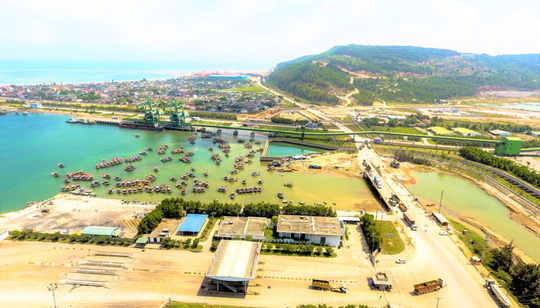
Foxconn pours $1.5 billion into Thanh Hoa to produce for Apple
14/2/2021
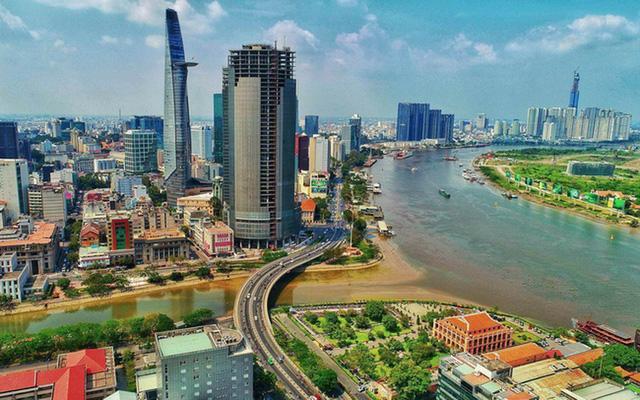
We have generated more than $1,200 billion in GDP
11/11/2020
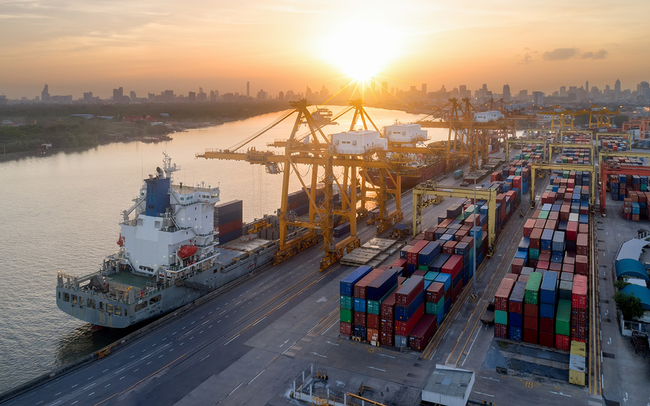
Vietnam's economic growth forecast for the 4th quarter of 2020 and 2021: Will recover in a V-shape, in 2021 it will increase by about 6.5 - 7%
21/10/2020

Standard Chartered: Vietnam's GDP growth forecast of 3% in 2020 and 7.8% in 2021
20/10/2020

Samsung's outstanding moves in Vietnam and other countries in the "year of Covid-19"
20/10/2020
Featured Articles

Miza Group donated 3 billion VND in response to the contest movement "The whole country joins hands to remove temporary houses and dilapidated houses" in Thanh Hoa
7/6/2025
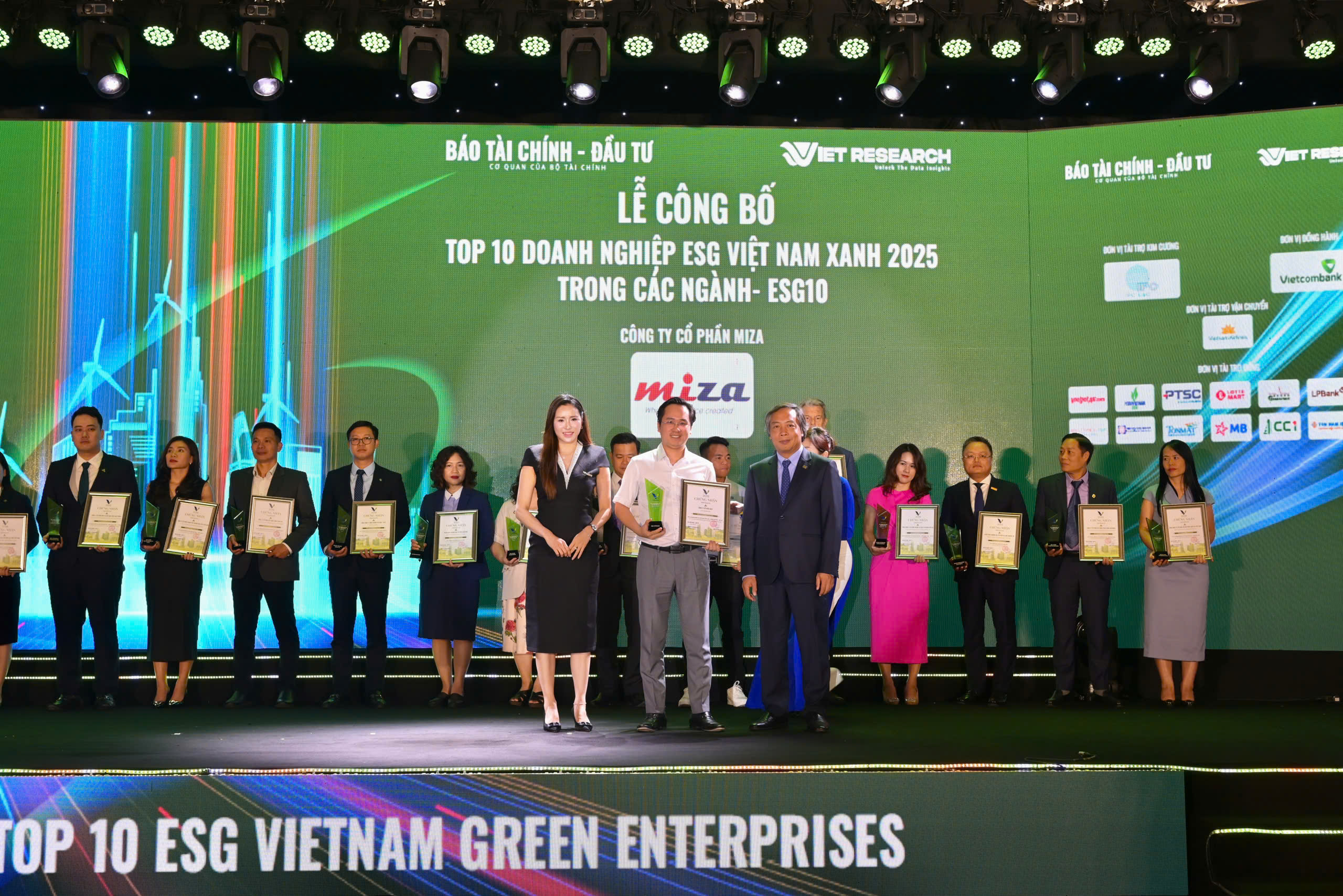
MIZA GROUP ENTERS THE TOP 10 GREEN VIETNAM ESG 2025 THANKS TO THE CIRCULAR ECONOMY DEVELOPMENT STRATEGY
27/6/2025

Miza (MZG) shares are officially listed on UPCoM
12/11/2024
